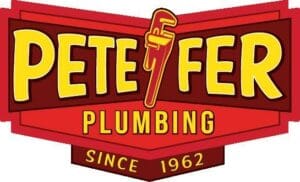So you pick up an air filter at the local hardware store. You look at it…then look at the other options. What are you looking at? What should you consider? These filters not only protect your HVAC system from dust and debris but also significantly impact air quality. Let’s delve into the different types of air conditioning filters and the particulates they target:
1. Fiberglass Filters: These are the most basic type of filters, primarily designed to protect the HVAC system from large particles like dust, lint, and debris. They are not very effective at scrubbing smaller particulates from the air.
2. Pleated Filters: Made from polyester or cotton, pleated filters have a larger surface area and can trap smaller particles such as pollen, pet dander, and dust mites. They provide a moderate level of air purification and are suitable for homes without severe allergy concerns.
3. Electrostatic Filters: These filters use an electrostatic charge to attract and capture particles, including smoke, bacteria, and some viruses. They are effective at filtering out smaller particulates and are available in both disposable and washable versions.
4. HEPA Filters: High-Efficiency Particulate Air (HEPA) filters are the gold standard for air purification. They can remove at least 99.97% of airborne particles as small as 0.3 microns, including pollen, dust mites, mold spores, and pet dander. HEPA filters are ideal for homes with allergy sufferers or individuals with respiratory conditions.
5. UV Filters: While UV filters use ultraviolet light to kill bacteria, viruses, and mold spores, they do not physically remove particulates like dust or pollen from the air. They are often used in conjunction with other types of filters for comprehensive air treatment.
Choosing, from Low to High: When selecting an air conditioning filter, consider the specific needs of your household. For example, if allergies or asthma are a concern, a HEPA filter may be the best choice. If you’re looking to reduce odors and smoke, an electrostatic filter could be more suitable. You should consider your household or work environment. It’s most likely that you can choose a cheaper option that doesn’t filter EVERYTHING but all the stuff that you think might enter your space.

